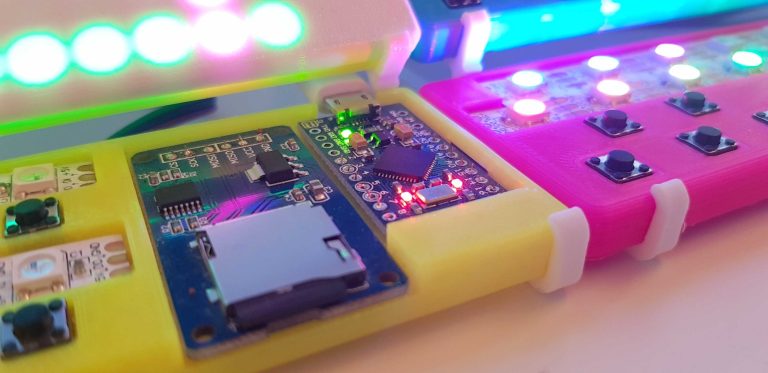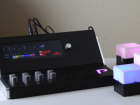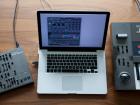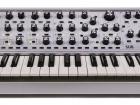New Affordable Modular DIY Synth Called LEET

Post date:
We've mentioned a lot of do-it-yourself synthesizers in previous articles and thanks to a Swedish engineer named Johan von Konow there is now one more. On his website, he describes LEET as his vision of a new kind of modular affordable synth that you can build yourself. LEET consists of several MIDI devices that can be used either together or separately in conjunction with your preferred DAW. Johan also stated that while he is happy with the current state of the project that he hopes it will continue to evolve and improve with the help of others.
Johan has designed a keyboard, drum pad, chord keyboard, control unit, arpeggiator as well as a step sequencer with RGB LEDs for each key. This was not just for aesthetic reasons, but also as a music training and editing aid for users. The devices can be connected to any computer with a DAW and run on Windows Mac, and Linux. It will also run on a Raspberry Pi or mobile phones for those who want a super portable music development platform.
According to Johan, all that is needed to create your own devices is a 3D printer and some basic soldering skills. He estimates that one keyboard cost around $6 as everything was designed to use accessible and affordable components. Since everything is open source and built to use the Arduino framework it is also easy to tweak in any way that you want. One of the best things about the devices is their use of a 3D printed core instead of PCB. Not only do they hold the exterior of the devices, but also hold all the components in place and have integrated wire channels so that all components are connected in a foolproof way.
Because the units all feature the same form factor they are very modular and can even be equipped with magnets to connect them side by side. Johan initially planned on designing a self-contained synth that has everything from batteries and sound generation to a built-in speaker, but decided that a modular system would be more useful. He also realized that using MIDI allows for more flexibility and makes high-quality sound generation possible. The project does stick to traditional USB connections, though, as MIDI over Bluetooth would require increased complexity, which would ramp up the cost.
Johan has listed some ideas for future improvements on his website, which includes a playback device that generates sound without the need for external hardware. He would also like to see things such as a keyboard with mechanical linear switches, a tiny sequencer with a 0.96"OLED display, and even an AI-based deep learning synth using Google Magenta and ESP32 become part of the project.
Check out the video below for a quick demonstration of what LEET can do and then head on over to the official website at https://vonkonow.com/wordpress/leet-synthesizer/ to find out more about this fascinating project.






